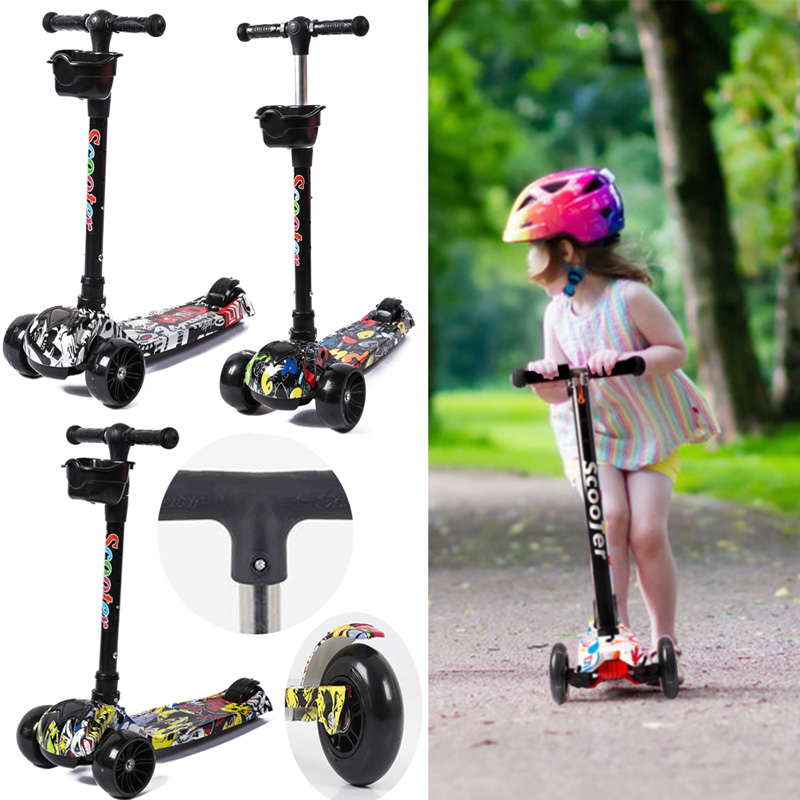The Rise of Electric Scooters A Sustainable Urban Mobility Solution
In recent years, electric scooters have surged in popularity as an innovative and eco-friendly mode of transportation. As cities become increasingly congested and pollution levels rise, residents are seeking alternative solutions to navigate their urban environments. Electric scooters not only provide a convenient way to travel short distances but also promote sustainable living in a world grappling with climate change.
Convenience and Accessibility
One of the primary reasons for the electric scooter's rise is its remarkable convenience. Scooters are lightweight, easy to operate, and can be effortlessly maneuvered through crowded streets. Unlike cars, they require less parking space, making them ideal for urban settings where finding a spot can often be frustrating. Many cities have embraced the concept of micro-mobility, allowing users to rent scooters on-the-go through smartphone applications. This accessibility invites a broader demographic to consider scooters as a viable alternative to traditional transportation methods.
Environmental Benefits
Electric scooters are not just convenient; they are also environmentally friendly. With a growing concern over carbon emissions and air quality, adopting electric scooters can significantly reduce a city's carbon footprint. Traditional vehicles contribute to the greenhouse effect through the release of harmful gases, while electric scooters produce zero emissions during operation. Furthermore, electric scooters are often powered by renewable energy sources, amplifying their positive impact on the environment.
Economic Advantages
The rise of electric scooters has also given birth to a new economic model within many urban areas. Businesses offering scooter rentals have created job opportunities, from fleet maintenance to charging and distribution. Local governments benefit from increased economic activity and can redirect funds towards public infrastructure, improving the overall urban ecosystem. Furthermore, commuters who opt for scooters can save money on fuel, parking, and vehicle maintenance, making this a cost-effective alternative in the long run.
Integration into Public Transportation
elevtric scooters

Electric scooters can seamlessly integrate with existing public transportation systems. Many cities are now incorporating scooter share programs alongside buses and trains, creating a multi-modal transit ecosystem. This integration allows individuals to efficiently combine modes of transportation, reducing reliance on private cars and alleviating traffic congestion. For example, a commuter might take a bus to a central hub, then hop onto an electric scooter to reach their final destination. This holistic approach not only optimizes travel time but also promotes a more sustainable urban landscape.
Safety and Regulation
Despite their numerous advantages, the rise of electric scooters has not come without challenges. Issues surrounding safety and regulation have emerged as scooter-sharing programs have proliferated. Riders often face risks from reckless driving or the potential for accidents due to poor road conditions. To address these concerns, local governments are implementing regulations governing speed limits, designated riding areas, and parking enforcement. By prioritizing safety, cities can create a more secure environment for both scooter riders and pedestrians.
The Future of Electric Scooters
As urban populations continue to swell, the demand for efficient and sustainable mobility solutions will only increase. Electric scooters represent a transformative shift in how individuals move within cities. The future of urban transportation will likely see further advancements, such as improved battery technology and integrated smart city infrastructure that enhances the overall user experience.
Furthermore, as communities recognize the value of electric scooters, investment in necessary infrastructure—like dedicated bike lanes and charging stations—will become more prominent. This developmental focus will not only support the continued growth of electric scooters but will also contribute positively to the urban landscape.
Conclusion
Electric scooters have emerged as a promising solution to a myriad of urban transportation challenges. Their convenience, eco-friendliness, and potential for economic growth make them an attractive option for city dwellers seeking a better way to commute. While challenges remain, proactive measures by local governments and the community can lead to a future where electric scooters flourish as an essential component of urban mobility, paving the way for cleaner, more sustainable cities.
-

 Scoot&RideKids Child Kick Push Scooter 3 Wheels with LED Flashing Tilt Lean Boys Girls Scooter
Scoot&RideKids Child Kick Push Scooter 3 Wheels with LED Flashing Tilt Lean Boys Girls Scooter




- 4
$33.17 -

 Scoot&RideKids Scooter Child Kick Flashing LED Light Up 3 Wheel Push Adjustable Folding 3
Scoot&RideKids Scooter Child Kick Flashing LED Light Up 3 Wheel Push Adjustable Folding 3- 0
$25.52 -

 Scoot&RideKids Scooter Child Kick Flashing LED Light Up 3 Wheel Push Adjustable Folding 2
Scoot&RideKids Scooter Child Kick Flashing LED Light Up 3 Wheel Push Adjustable Folding 2- 0
$33.17 -

 Scoot&RideKids Scooter Teens Foldable Kick Push Scooter Adjustable Height Safe 2 Wheels
Scoot&RideKids Scooter Teens Foldable Kick Push Scooter Adjustable Height Safe 2 Wheels




- 4
$49.99
Meet our partners and discover what powers their creativity!
When you register for a Lohas scooter, you will receive a 10% discount on your first order and can be notified of sales, new product launches and other offers in advance.









